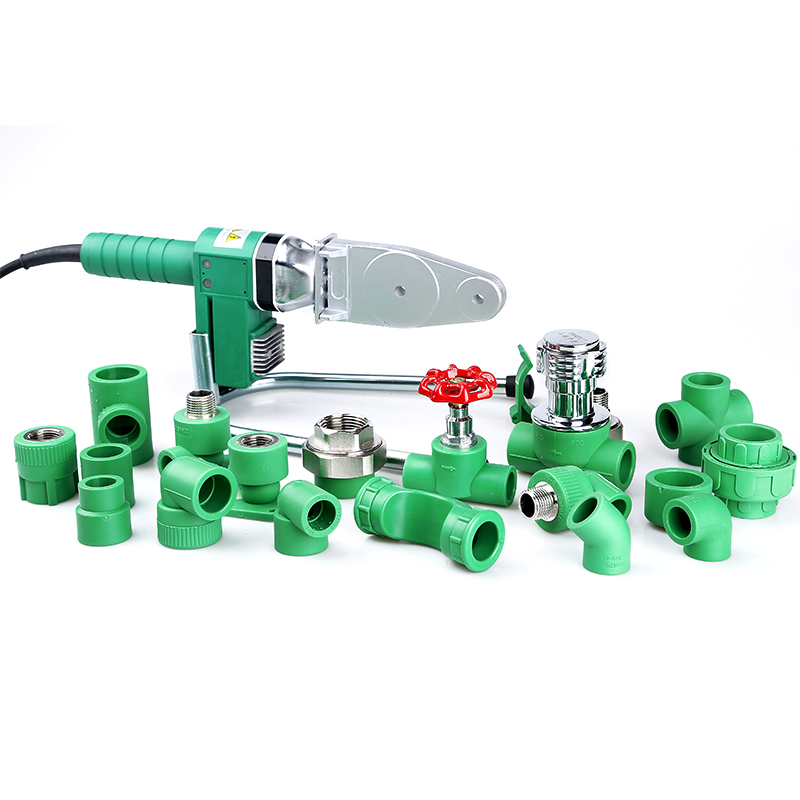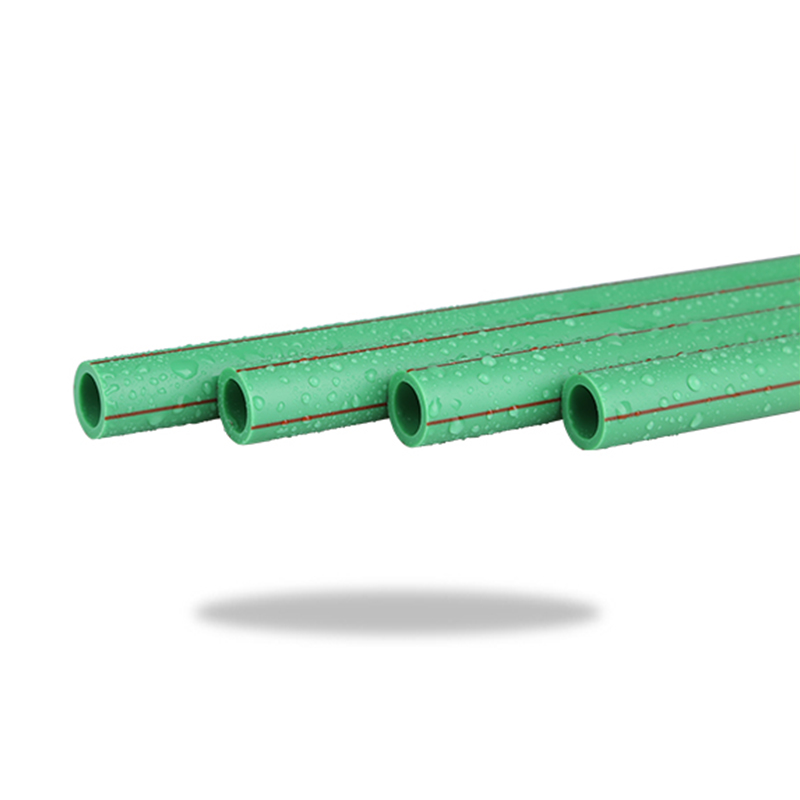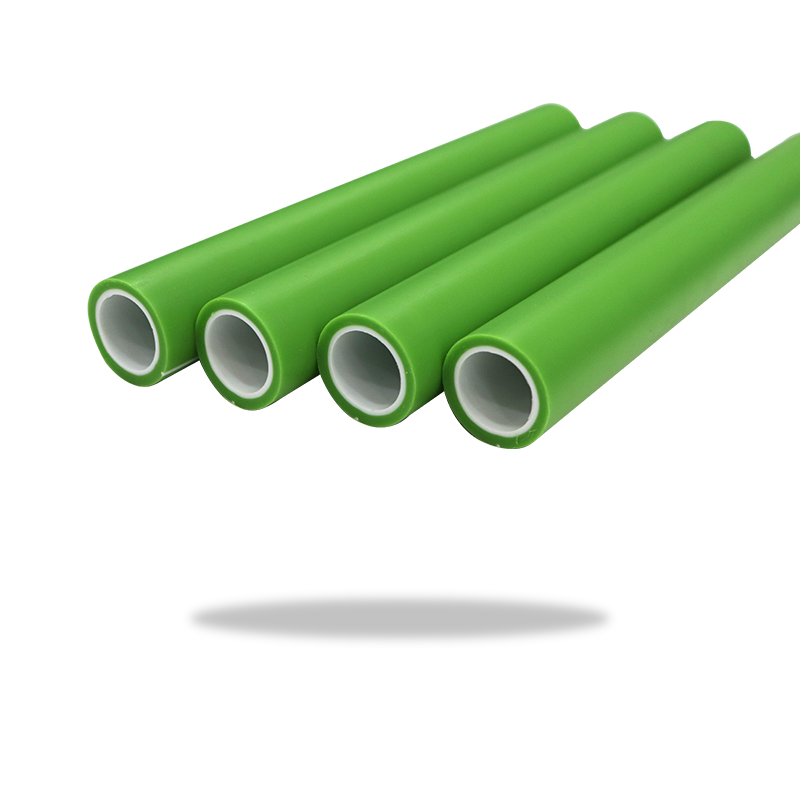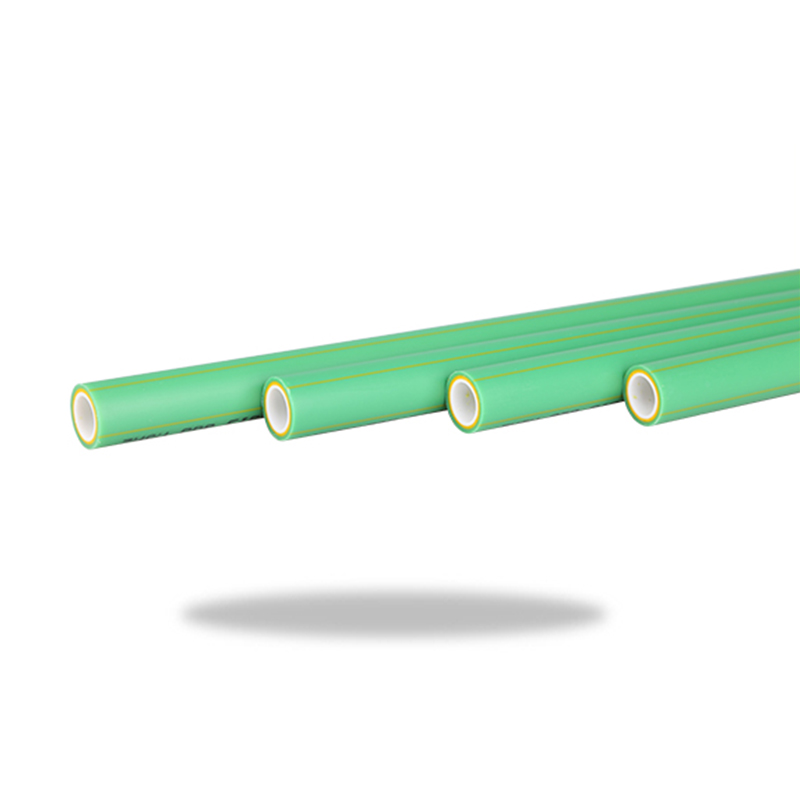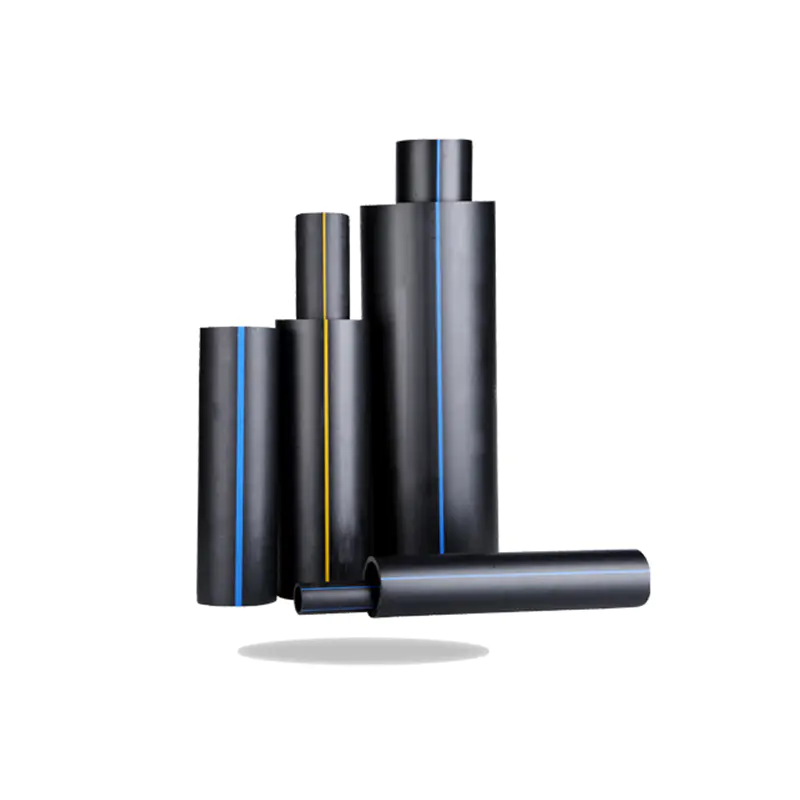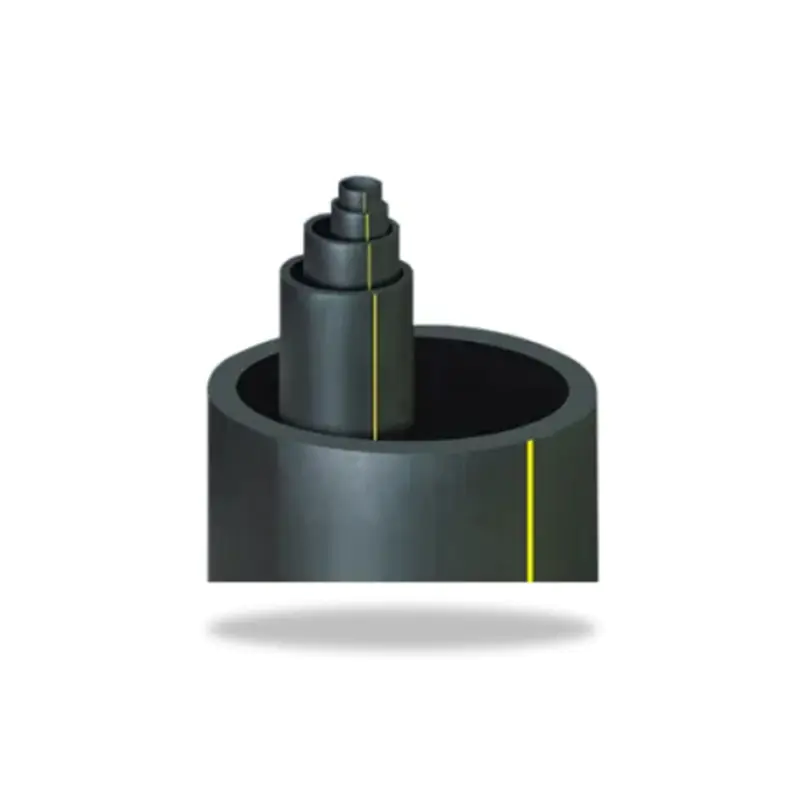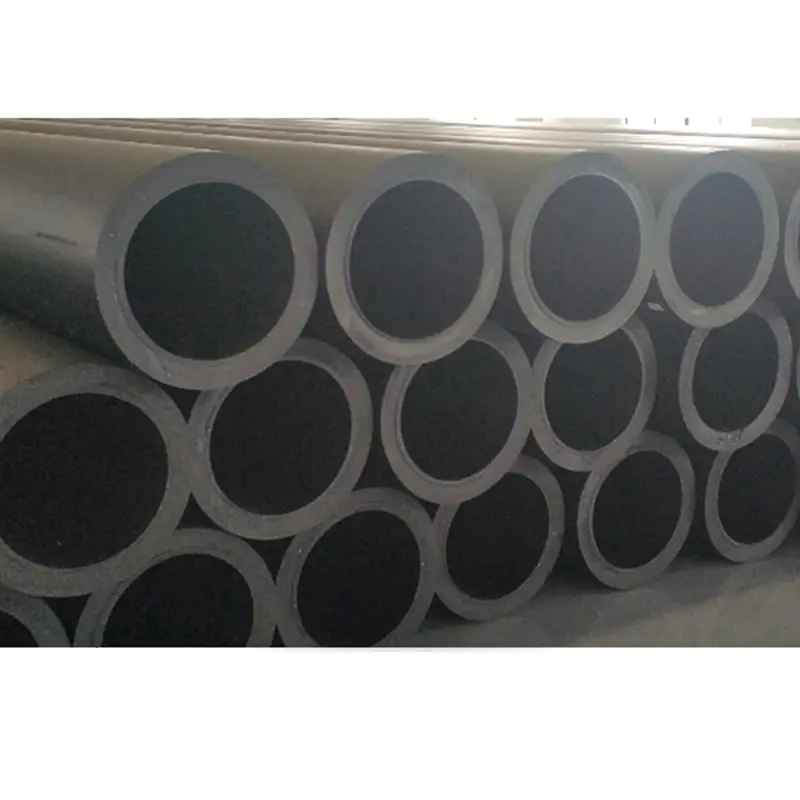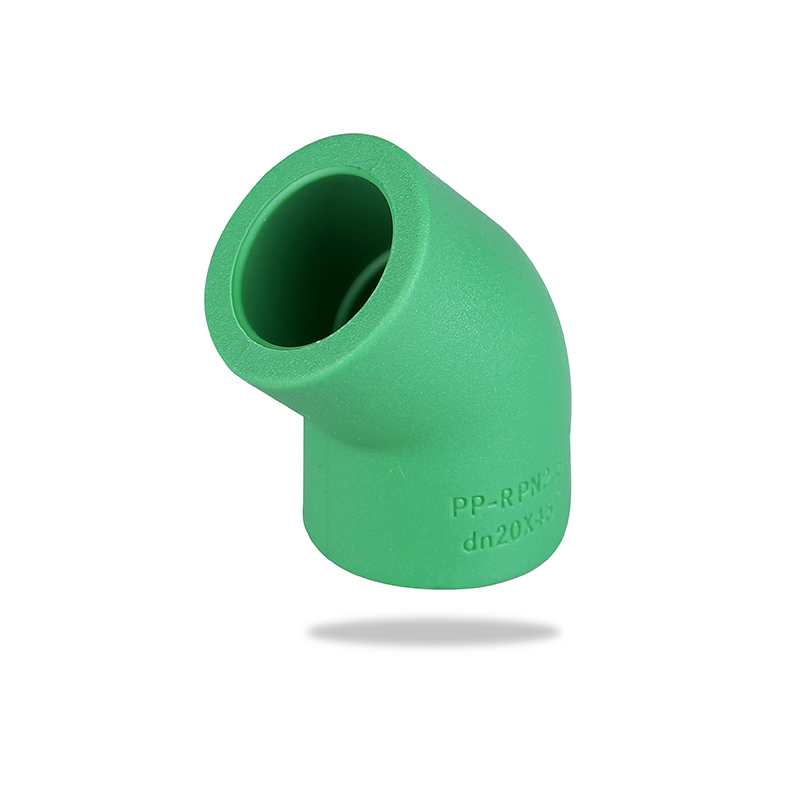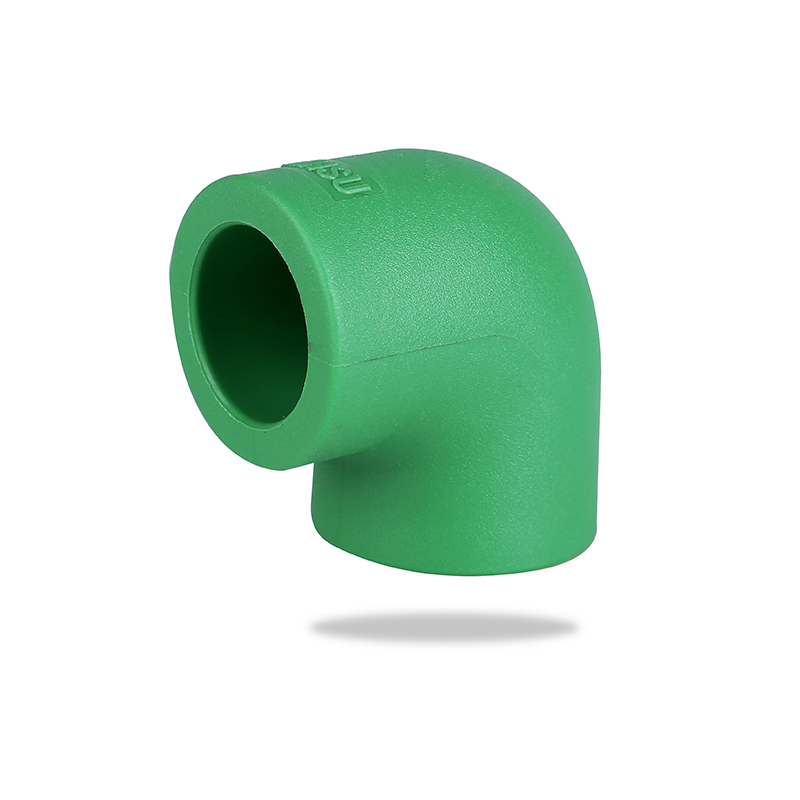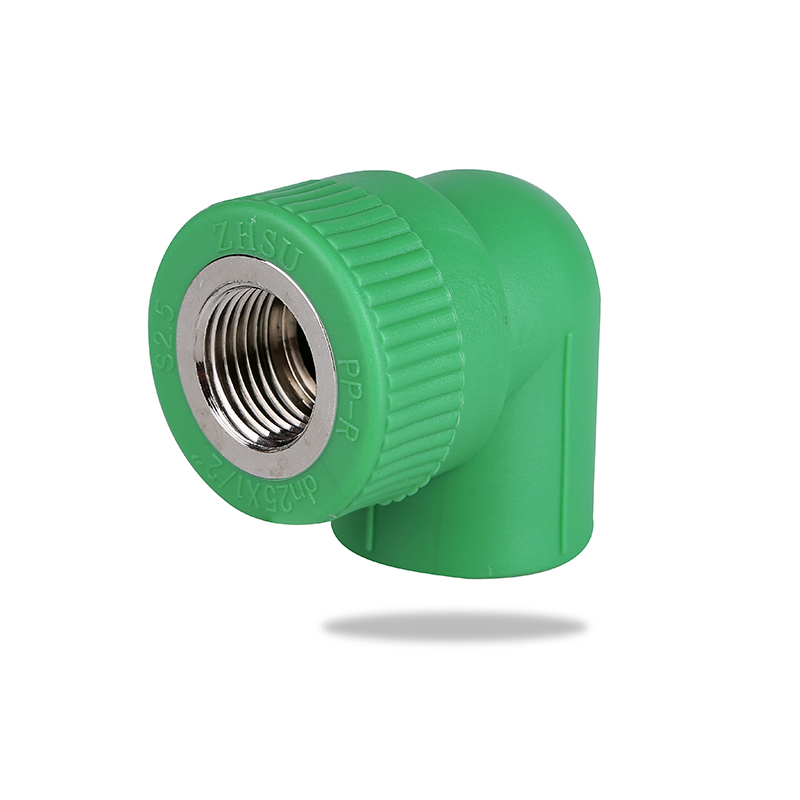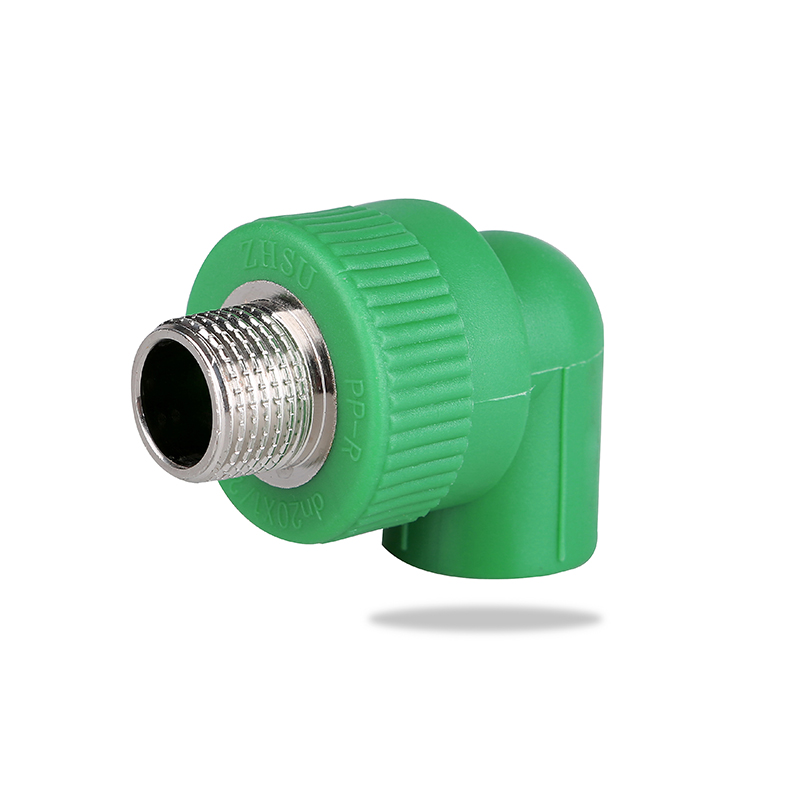When it comes to plumbing systems, especially for domestic hot water, selecting the right type of pipe is crucial. Homeowners and builders are increasingly looking for materials that are durable, efficient, and safe for everyday use. Among the modern piping options, PP-RCT (Polypropylene Random Copolymer – Crystalline Temperature) pipes have gained significant attention. But is PP-RCT pipe truly suitable for domestic hot water systems? To answer this, it is important to understand the material properties, performance characteristics, installation considerations, and long-term reliability of PP-RCT pipes.
Understanding PP-RCT Pipe
PP-RCT pipes are an advanced version of conventional PPR (Polypropylene Random Copolymer) pipes. They are engineered with enhanced crystallinity and higher temperature resistance, which improves creep resistance and long-term mechanical stability. Unlike standard PPR pipes, PP-RCT pipes can handle higher operating temperatures without deforming or losing integrity over time. This makes them particularly attractive for hot water applications, where temperature fluctuations and continuous heating are common.
Temperature and Pressure Resistance
One of the key factors in domestic hot water systems is the pipe’s ability to withstand high temperatures and pressures. PP-RCT pipes can typically operate at temperatures up to 95°C continuously, with short-term tolerance up to 110°C. This is significantly higher than traditional PPR pipes, which are generally limited to around 70–80°C.
Moreover, PP-RCT pipes exhibit superior long-term hydrostatic strength, meaning they can handle domestic water pressure reliably without deformation or bursting. For homes with centralized heating systems, solar water heaters, or instant water heaters, this property ensures consistent performance and safety over decades of use.
Durability and Longevity
Durability is another reason PP-RCT pipes are suitable for domestic hot water. The material’s improved crystalline structure reduces creep deformation — a common issue in polymer pipes under continuous heat and pressure. This translates into a longer service life, often exceeding 50 years under typical household conditions.
Additionally, PP-RCT pipes are resistant to corrosion, scaling, and chemical attack, which is particularly important in areas with hard water. Unlike metal pipes that can rust or develop scale buildup, PP-RCT maintains its smooth interior, ensuring stable flow rates and energy efficiency throughout its service life.
Safety and Health Considerations
Domestic hot water systems require pipes that are safe for human consumption. PP-RCT pipes are non-toxic, odorless, and meet international standards for potable water safety. They do not leach harmful chemicals into the water, making them suitable for drinking water systems as well as heating applications.
Furthermore, the material is biologically inert, meaning it does not support bacterial growth. This ensures that water remains safe, hygienic, and clean even when stored or circulated at elevated temperatures.
Installation Advantages
PP-RCT pipes are also installation-friendly, which is an important consideration for domestic applications. The pipes are lightweight and easy to cut, fit, and weld using standard fusion equipment. They do not require threading or special connectors, simplifying installation and reducing labor costs.
The fusion joints create a homogeneous, leak-proof system that can withstand both pressure and thermal expansion. This reduces the risk of leaks, a common problem with mechanical joints in metal or older plastic systems.
Environmental and Cost Benefits
Another advantage of using PP-RCT pipes is their environmental friendliness and efficiency. They are recyclable and require less energy to produce compared to traditional metal pipes. In addition, the smooth inner surface reduces friction losses, improving water flow efficiency and potentially lowering energy costs for water heating systems.
From a cost perspective, while PP-RCT pipes may have a slightly higher initial cost than standard PPR pipes, their long-term durability, reduced maintenance needs, and energy efficiency often make them a cost-effective choice over the lifetime of a domestic hot water system.
Conclusion
So, is PP-RCT pipe suitable for domestic hot water systems? The answer is a clear yes. With its high temperature and pressure resistance, long-term durability, corrosion resistance, safety for potable water, and ease of installation, PP-RCT offers a reliable and efficient solution for modern households.
For homeowners seeking a long-lasting, low-maintenance, and safe hot water piping system, PP-RCT pipes provide a balance of performance, comfort, and peace of mind. Whether for conventional hot water systems, solar heating, or underfloor heating, PP-RCT ensures consistent water delivery, efficiency, and safety for decades of use.
By choosing PP-RCT, you are not only investing in a pipe system but also in the long-term reliability, safety, and efficiency of your home’s hot water infrastructure.
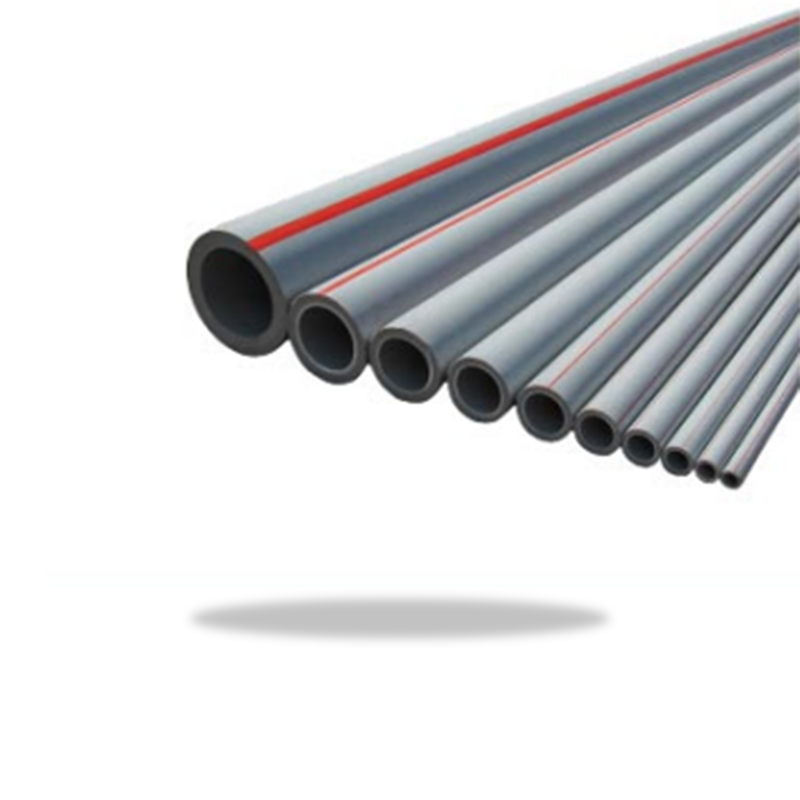

 简体中文
简体中文 English
English русский
русский Español
Español Français
Français عربى
عربى Português
Português 日本語
日本語 italiano
italiano Nederlands
Nederlands Polskie
Polskie
